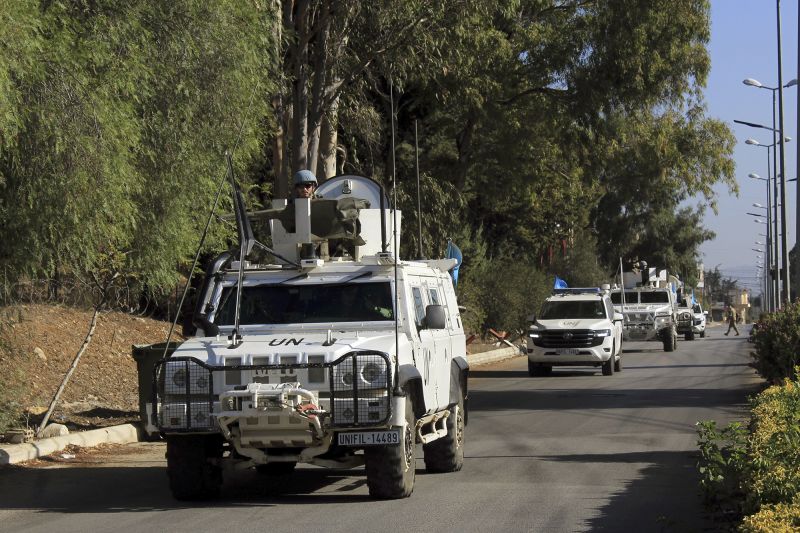UNIFIL, acronically standing for the United Nations Interim Force in Lebanon, is an international peacekeeping mission established by the United Nations (UN). Its establishment followed a ceasefire resolution in response to minor conflicts that escalated into a full-blown war in Southern Lebanon. This peacekeeping mission, positioned along the Israel-Lebanon border, has played a significant role in maintaining peace in the region.
The inception of UNIFIL dates back to March 1978 when the UN Security Council passed resolutions 425 and 426, calling for an immediate withdrawal of Israeli forces from Lebanon and the establishment of a peacekeeping force to affirm international peace and security. It was supposed to be a temporary mission; however, due to sporadic conflicts in the region, the UN has continued to renew its mandate.
UNIFIL’s mandate entrusted to the mission entails confirming the withdrawal of Israeli troops from Lebanon, restoring international harmony and security, and assisting the Government of Lebanon in ensuring the return of its effective authority in the southern region. Furthermore, following the 2006 July War, the UN Security Council enhanced UNIFIL’s mandate. Resolution 1701 ordered an increase in the force size to supervise the cessation of hostilities, accompany and support the Lebanese Armed Forces as they deployed throughout South Lebanon.
UNIFIL comprise of various components: troops from several countries, civilian staff, and UN Volunteers. Figures from participating countries vary, with the force combining personnel from over 45 countries across various continents. It represents the most considerable international contribution towards peacekeeping in the region besides economic and humanitarian aid.
The peacekeeping force employs a harmonious approach to carrying out its mandate with activities aimed at protecting civilians and civil facilities, providing humanitarian assistance, and coordinating with the Lebanese Armed Forces. For instance, UNIFIL peacekeepers regularly patrol the Blue Line (the border demarcation between Israel and Lebanon established by the UN) to ensure stability and engage frequently with local communities to meet their immediate needs and improve their living conditions.
Additionally, UNIFIL helps coordinate with international and local NGOs in servicing various community projects in health, education, agriculture, and other essential sectors. They also support the Lebanese authorities in improving the provision of public services and infrastructure, boosting employment, and stimulating socio-economic development in South Lebanon.
While UNIFIL has not wholly achieved a long-lasting solution that will pave the way for the Lebanese government to exert effective authority over South Lebanon, its peacekeeping efforts have notably reduced the level of hostilities. The presence of UNIFIL ensures the containment of ceasefire violations and escalations into open conflict, plays an essential role in aiding displaced persons and refugees’ return, and aids in the general peace-building process in Lebanon.
In essence, UNIFIL stands as a symbol of an international commitment to peace and security nurtured through a long-lasting partnership between the UN, the people and Government of Lebanon, and the countries contributing troops. It continues to focus on its primary role as a peacekeeping force, nurturing an environment conducive to a peaceful resolution of conflicts and an end to violence in the region.




